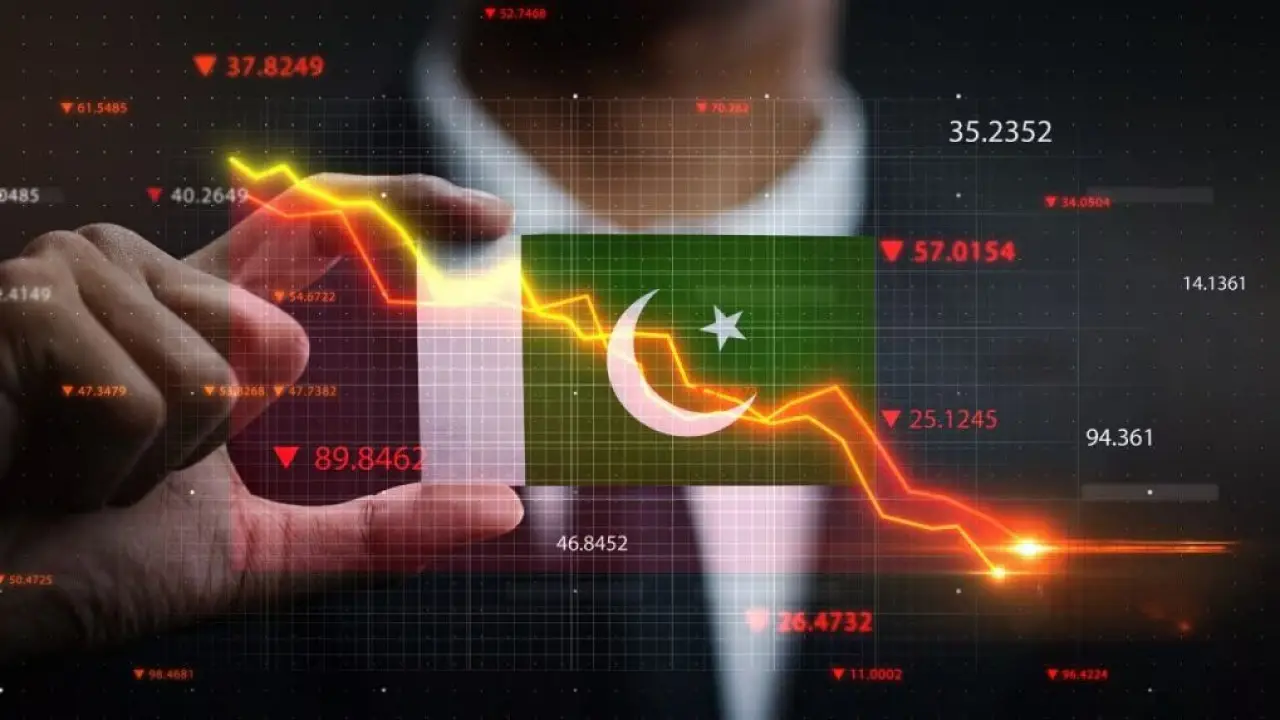
Economy of Pakistan
Pakistan’s Economy at Brink: Inaction Could Cost Lakhs of Crores in Losses
Pakistan’s economy, teetering on the edge of collapse, faces dire consequences if the government fails to implement urgent reforms. With a fragile $348.72 billion GDP and mounting external pressures, experts warn that inaction could lead to losses of lakhs of crores of rupees, exacerbating poverty and instability as of May 2025.
Risks of Inaction
Failure to address low tax collection (10% of GDP), subsidy inefficiencies, and state-owned enterprise losses risks a deeper crisis. The IMF’s $7 billion Extended Fund Facility, secured in 2024, demands fiscal discipline, but delays in privatization and energy reforms could jeopardize disbursements. Economists estimate that prolonged inaction could shave 3-5% off GDP annually, translating to losses of PKR 10-15 lakh crore over a decade. This would devastate sectors like textiles, which contribute 60% of exports, and push unemployment beyond 8%.
External Pressures Amplify Crisis
Geopolitical tensions, including India’s Operation Sindoor and Pakistan’s military responses, strain resources, diverting funds from development to defense. Trade disruptions and investor hesitancy further weaken the economy. Posts on X highlight public frustration with rising costs, with hashtags like #PakistanEconomy trending. Global lenders, including China, are pressing for repayments, adding urgency to reforms.
Path to Recovery
To avert collapse, Pakistan must broaden its tax base, streamline subsidies, and resolve energy sector debts. Privatizing loss-making entities like PIA and investing in renewable energy could unlock growth. Swift action is critical to stabilize the economy, restore investor confidence, and prevent a catastrophic financial downturn.





Copyright © 2026 Top Indian News
